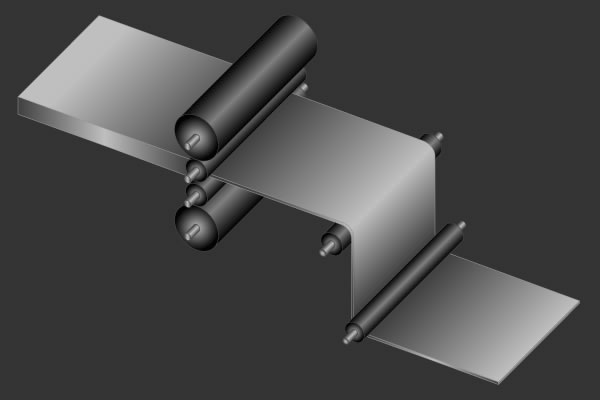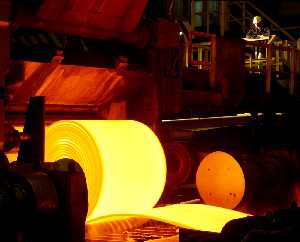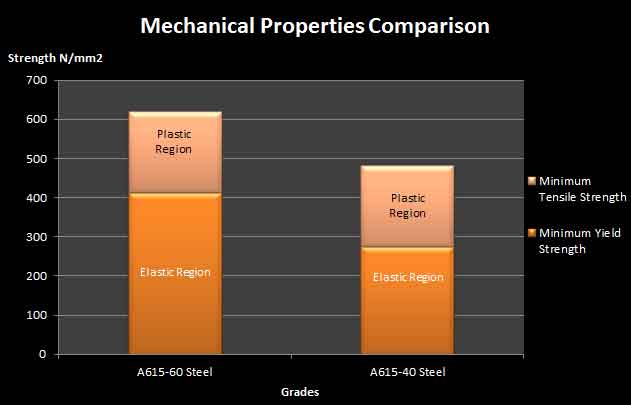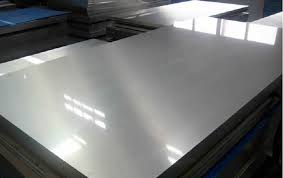PP Natural Granules of Polypropylene
What is PolyPropylene? Poly propylene is a thermoplastic polymer made by the addition process of the monomer propylene or propene. It is one of the most widely used plastics in the world with a large range of applications in both household and industry. Polypropylene is a versatile material which can function both as a solid and a fiber.
This versatility is achieved by using different types of additives in the manufacturing process of Polypropylene or by using different manufacturing processes to give it different forms. Because of these functions it holds a similar position in the plastic industry as Steel holds in the metal industry.
Properties of Polypropylene: Polypropylene exhibits a specific set of properties which make it popular in the industry. It has a high melting point and a lower density than comparable plastics. This makes it suitable for molding parts where weight reduction is important. Polypropylene is elastic and tough without being too soft. It can endure a significant amount of bending, flexing and torsion forces over an extended period of time which makes it suitable for moving parts such as gear points and living hinges for bottles.
Learn about Pyrene
One of the major properties of Polypropylene is its resistance to chemical attack. It is resistant to dilute acids and bases as well as fats and other organic solvents. This makes it suitable for making storage containers for a large range of liquids. Apart from all this Polypropylene is also a very good electric insulator and is used in electronic components.
Market Importance of Polypropylene: The list of favourable characteristics of Polypropylene make it a significant commodity in the market. 45 million metric tons of Polypropylene are estimated to be used around the world every year and this usage is expected to increase to around 62 million metric tons till the year 2020. Packaging industries utilize the most amount of Polypropylene accounting for about 30% of the global consumption. Other major users of Polpropylene include the electrical equipment manufacturing industry and even the automotive industry is responsible for the usage of about 10% of the global Polypropylene produced.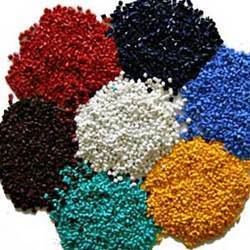
Polypropylene is classified as a hydrocarbon which means it comes from non renewable petroleum sources. To meet the large global demand of the material could require a significant usage of valuable petroleum resources which not only is a diminishing resource but could also impact the environment.
Learn about processing structure properties in TPE nano composites.
However Polypropylene exhibits another property which is vital to its extensive usage. This is the thermoplastic property of the polymer. Thermoplastic means that Polypropylene does not burn but becomes liquid at its melting point of 130 degree Celcius and can be molded to any form. This process can be repeated any number of times meaning that Polypropylene products can be easily recycled.
Price of PP Granules: Polypropylene is available largely in the market in the form of granules of small size. These granules can be bought according to weight and then melted and formed into any shape that is required by the buyer. The granules can be made from natural polypropylene or recycled Polyproppylene or scrap Polypropylene. The price of these materials depends on their quality and the manufacturer. For example Chinese manufacturers offer virgin Polypropylene granules at prices ranging between 1 to 5 dollars per kilogram. The recycled and black Polypropylene granules are available at lower prices around 0.33 to 1 dollar per kg.



